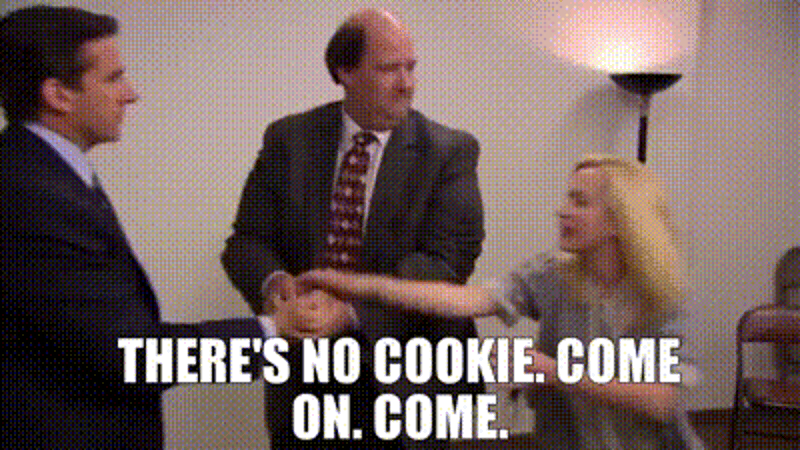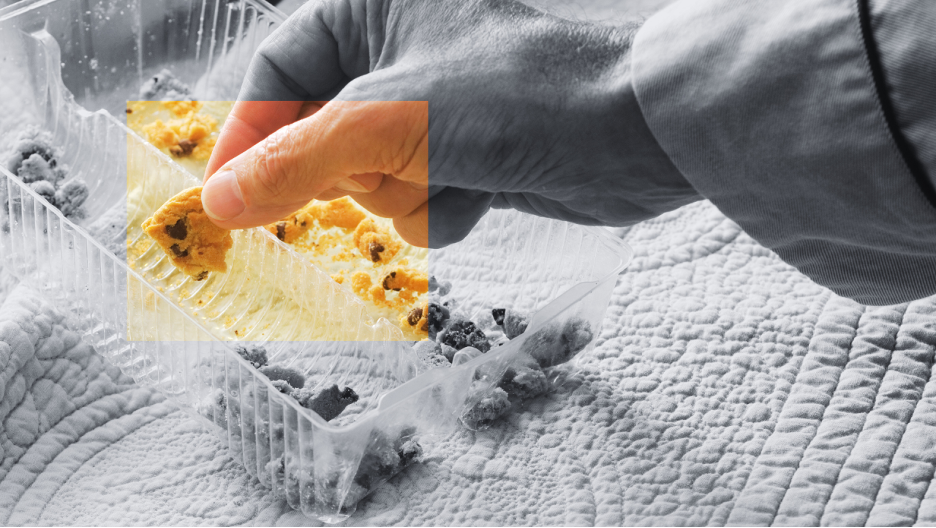Cookie deprecation is delayed! Again! No, not that again… Again again!
Many are celebrating the delayed demise of cookies as a salve for the impending, fundamental shift in how advertisers can operate. It gives us more time to collect our strategies, develop new identity graphs, find that cookie replacement.
A gluten-free AdID, perhaps.
Despite this glimmer of another year of the status quo, grasping on to the remnants of cookies for a bit longer is a misplaced attachment to the way things were done, and not an embrace of what lies ahead.
Next Time, You Drive The Van

As an industry, we’re letting Google drive when the cookies will end. Yes, Google is a behemoth and their decisions and actions directly impact nearly all advertisers, agencies, and adtech providers, but we should not let one player, no matter how big it is, push us around.
The adtech industry is made up of massive, global players, small innovative start-ups, individual experts and consultants, and agencies and advertisers of all different sizes. The space is diverse and requires a diversity of thought and innovation to evolve, and it is with that diversity that we should collectively embrace a cookieless future.
Instead of holding on to cookies, let’s find new ways to operate that don’t require cookies to target and measure. If we take control of the infrastructure driving our ecosystem, we may be able to shape something that isn’t entirely dependent on a handful of massive companies.
A Shift In Power

For years, the middle of the ad ecosystem: DSPs and Data Providers, have been the industry focal point. They get the most money, the most attention, and hold the most leverage. At the end of the day, however, the actual meat of the industry has sat on the edges.
The supply (publishers) and the demand (advertisers) have been dependent on these massive tech stacks to connect all the dots. In a cookieless world, the power shifts:
- Publishers hold much more leverage, and rightfully so! They are the access point to consumers and the data they have on consumers through first and zero-party data is going to be critical to segmentation, and the literal content on their pages is going to power a resurgence in contextual targeting.
- Advertisers will need tools that help them balance cost, complexity, and efficiency. It’s not about the number of data layers and measurement components, it’s going to be about PMP management, ZIP code based signals, contextual targeting, and smart optimization levers.
The control and the revenue is going to shift to the actual supply and demand of the exchange market and that creates opportunity to change strategies and partner reliance.
Cookieless by Design

At Pontiac, we’ve envisioned and built a solution that enables advertisers to get highly curated and custom audience profiles and segments, optimization levers, inventory targeting, and rich analytics, all without the need for cookies. Our partners have seen better performing campaigns than they have on other legacy platforms by using our optimization algorithms and models.
The best platforms for the future of advertising should offer agility and flexibility.
- The ability to create custom reporting and data delivery for more transparency
- The ability to bring your own conversion data for custom bidding
- The ability to segment and target without cookies
- The ability to manage many PMPs
Platforms need to be cookieless by design so that we’re not left in the lurch awaiting the Google shoe to drop. As an industry, we need to be agile and proactive, otherwise it’s going to be a never-ending dance awaiting a fate we don’t control.



